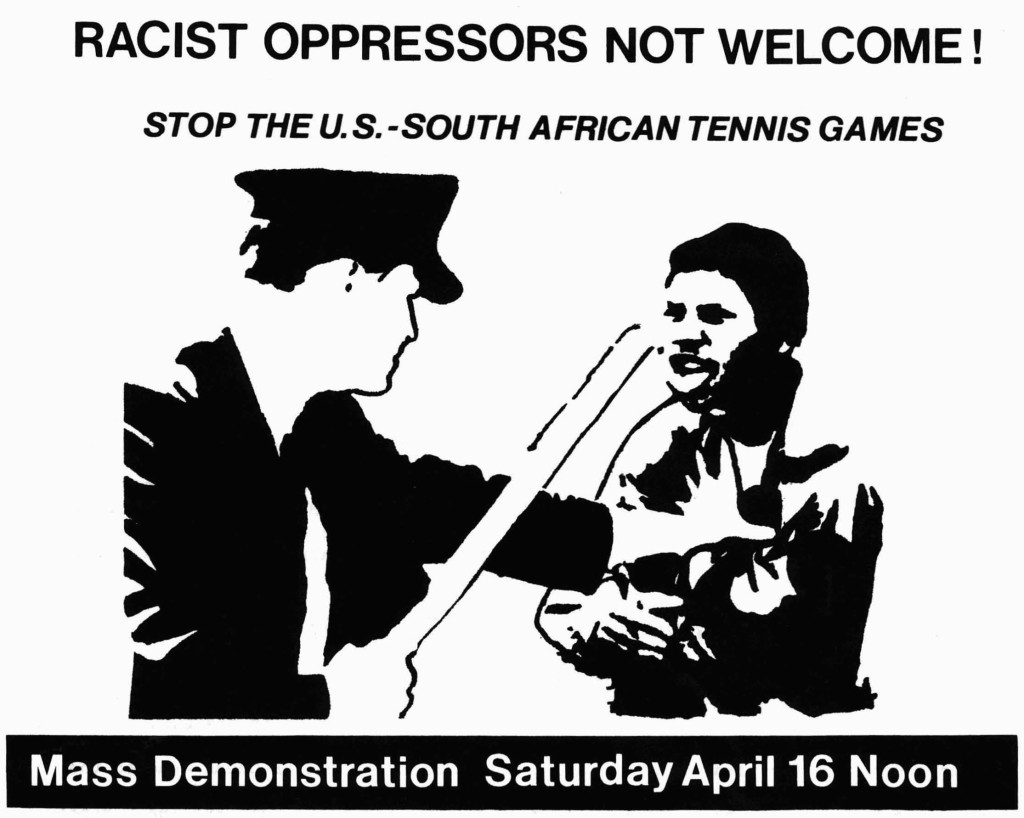Nelson Mandela would have been proud of Colin Kaepernick and the black (as well as a few white) U.S. athletes involved in the national anthem demonstrations against police violence and systemic racism. “Sport has the power to change the world,” Mandela believed. “It has the power to inspire. It has the power to unite people in a way that little else does. It speaks to youth in a language they understand. Sport can create hope where once there was only despair.”
This weekend I am presenting a paper that puts some of these issues in historical perspective at the 14th North Eastern Workshop on Southern Africa.
Using a mix of primary and secondary sources, “Sport and Social Justice in South Africa: Historical Reflections” shows how soccer, rugby, cricket and other sports carved out spaces in which to contest white power and raise awareness among athletes, coaches, officials, and fans of the evils of racism. It explores how black (and some white) sportsmen and women, South African and not, over the course of the 20th century worked hard to connect sport to advocacy for equal rights, citizenship, and the reduction (or elimination) of unjust inequalities.
After the rise of apartheid in 1948, a number of sports activists overtly challenged segregation, mainly by launching a global boycott of white South African sport. Sports sanctions, beginning with a FIFA suspension in 1961 and continuing with expulsion from the Olympics in 1970 and eventually from nearly every major sport, propelled the Anti-Apartheid Movement and contributed to the struggle for national liberation.
In the final section, the paper grapples with the impact of the commercialization of sport in the 1980s and 1990s and its changing social and political role during the transition from apartheid to democracy. In doing so, it notes the increasing marginalization of social justice initiatives and discourses in sports. Since the end of the boycott in 1992, the lion’s share of the medals, money, glory, and career opportunities has gone to a few historically advantaged white men and some members of the new black upper-middle class.
For just about everyone else, the pride elicited by Olympic and world champions Caster Semenya and Wayde Van Niekerk sits alongside sport’s fading willingness to meaningfully address inequality and injustice in the age of Jacob Zuma, Marikana, and #FeesMustFall.
